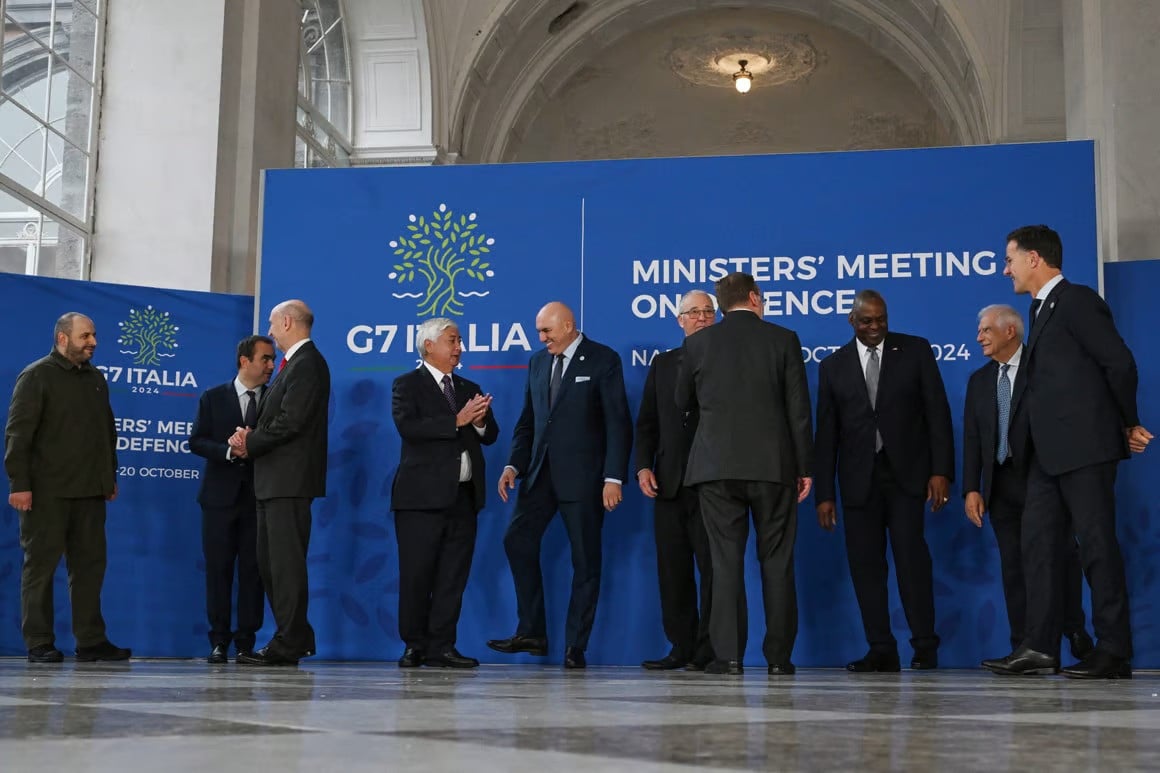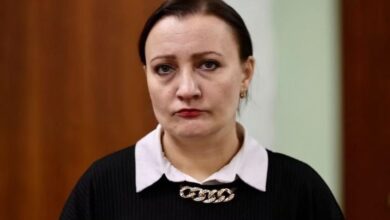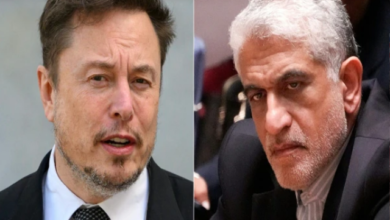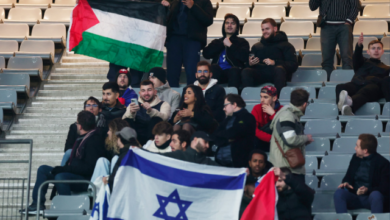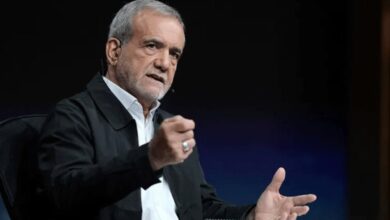G7 leaders have finalized details surrounding a $50 billion loan to aid Kyiv, backed by profits from Russian sovereign assets frozen after its invasion of Ukraine, according to a statement released Friday.
Leaders of the Group of Seven wealthy democracies said they “have reached a consensus on how to deliver” the loans of approximately $50 billion, with an aim to start disbursing funds by the end of this year.
“The loan proceeds will be disbursed through multiple channels to support Ukraine’s budgetary, military and reconstruction assistance,” G7 leaders added. Their announcement came as world financial leaders gathered in Washington this week for meetings hosted by the International Monetary Fund and World Bank.
Finance ministers have “agreed on a technical solution ensuring consistency, coordination, fair distribution of lending, and solidarity among all G7 partners,” the statement said.
“We will not tire in our resolve to give Ukraine the support it needs to prevail,” the leaders added.
They called on Moscow to end its war and pay for damage caused to Ukraine. This week, US President Joe Biden said that as part of the G7 package, the United States would provide $20 billion in loans to Ukraine, to be paid back by the interest earned from immobilized Russian sovereign assets.
This is aimed at supporting Ukraine now, “without burdening taxpayers.”
“Our efforts make it clear: tyrants will be responsible for the damages they cause,” Biden said.
US Treasury Secretary Janet Yellen signed a statement Wednesday with her Ukrainian counterpart Sergii Marchenko marking their intent to enter into the loan.
The move also committed that new United States or Ukrainian tax dollars would not be the source of repayment.
Economic concerns remain top-of-mind for US voters, with just over a week to go before the country’s presidential election on November 5.
Washington aims to provide at least $10 billion of the loans for economic support, with the other half expected to take the form of military aid.
But this will require additional authorization from Congress. The remaining $30 billion in loans is set to come from a combination of G7 partners, including the European Union, United Kingdom, Canada and Japan, US officials said.
The EU, which has frozen roughly $235 billion of Russian central bank funds — the vast bulk of immobilised Russian assets worldwide — said it would contribute approximately EUR18 billion ($19.4 billion).

